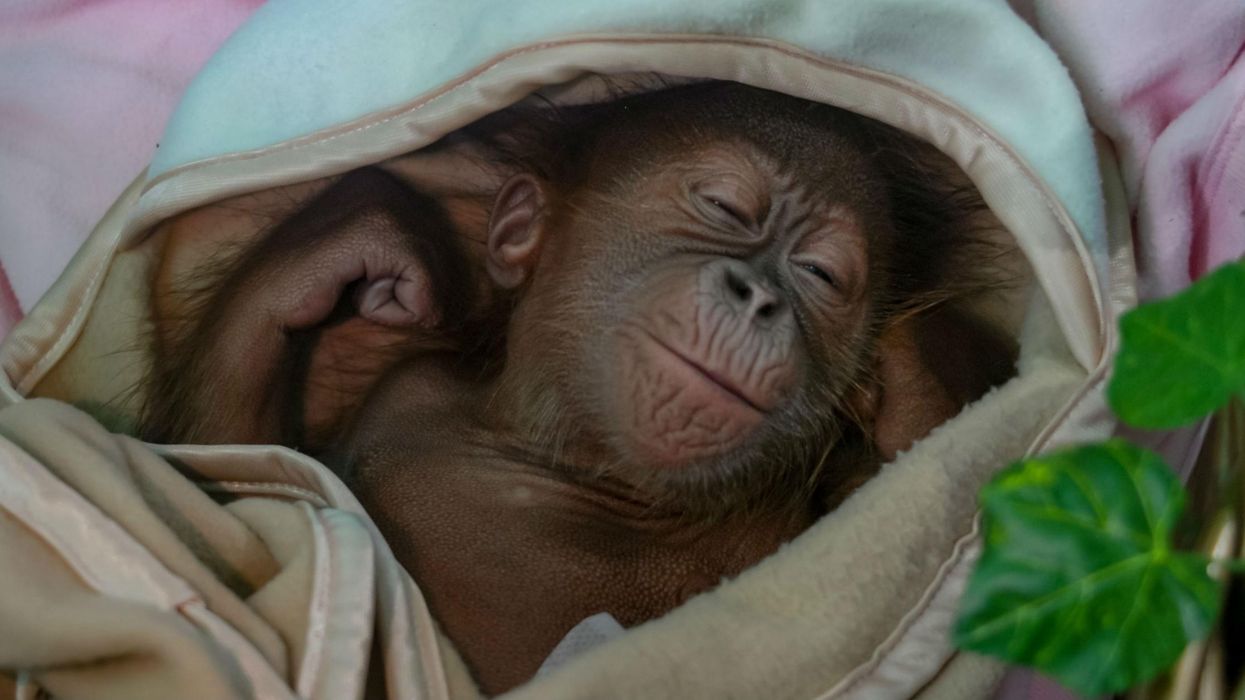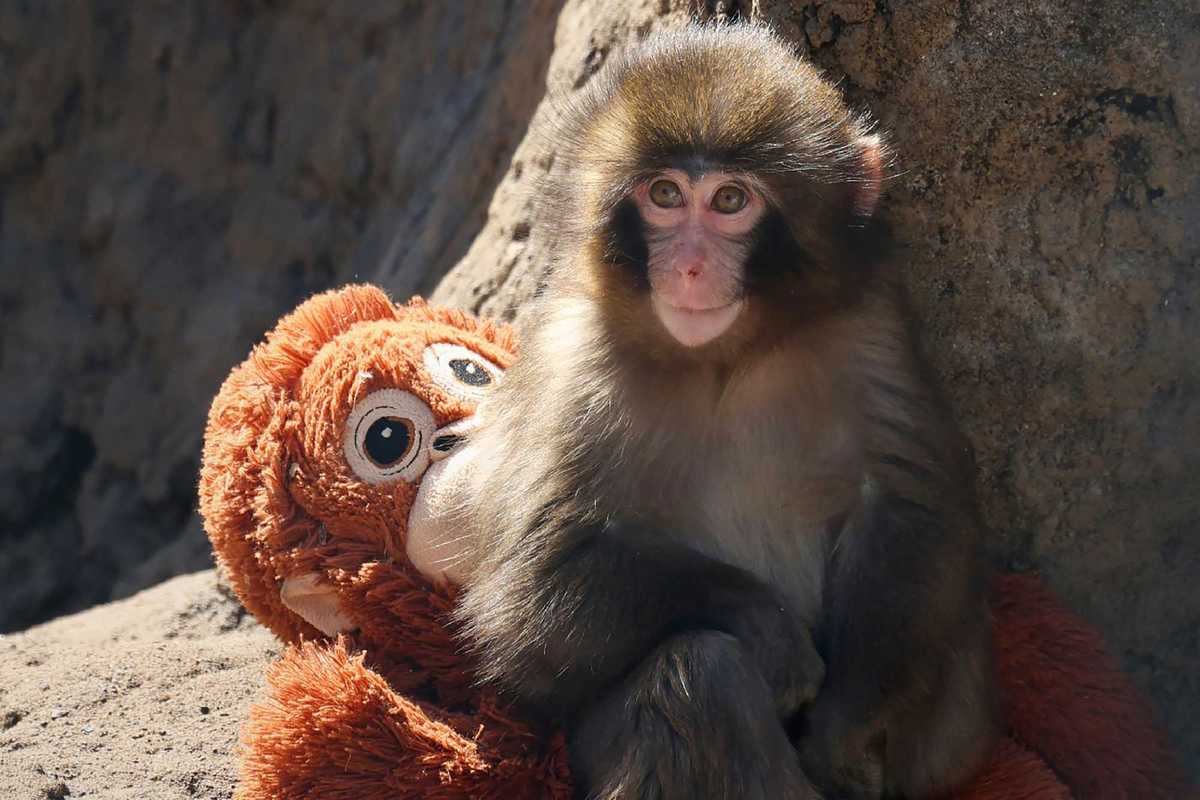News
Jake Hall
May 07, 2018

Photo: Timur Matahari / AFP / Getty Images
The rarest species of Great Ape in the world is on the brink of extinction due to human activity.
The Tapanuli Orangutan, found in the South Tapanuli region of Indonesia, was only officially classified as a distinct species late last year.
This classification was the result of a full physiological study conducted back in 2013, sparked by an Orangutan named Raya who was shot and injured. Researchers then noticed differences between the species and its Sumatran and Bornean counterparts.
Despite only being officially recognised six months ago, the species is already at risk of being wiped out by human interference. This conclusion was drawn in a report published earlier this week in Current Biology.
Expanding on the findings, lead author Dr Sean Sloan explained:
Fewer than 800 of the apes survive, and they’re under assault from mega-projects, deforestation, road-building and poaching.
The main threat to their survival is a $1.6 billion mega hydro-electro dam, dubbed the ‘Batang Toru Project’.
If successful, it will see the forest – the Orangutans’ habitat – fragmented by hydropower lines and new access roads, whereas the dam could also flood key parts of their natural home.
Ironically, their extinction could be brought about by a so-called shift to sustainable development. Professor William Laurance, one of the researchers responsible for the study, concisely highlighted its severity:
In forty years of research, I don’t think I’ve ever seen anything this dramatic.
Without urgent action, this could be ecological Armageddon for one of our closest living relatives.
Top 100
The Conversation (0)













